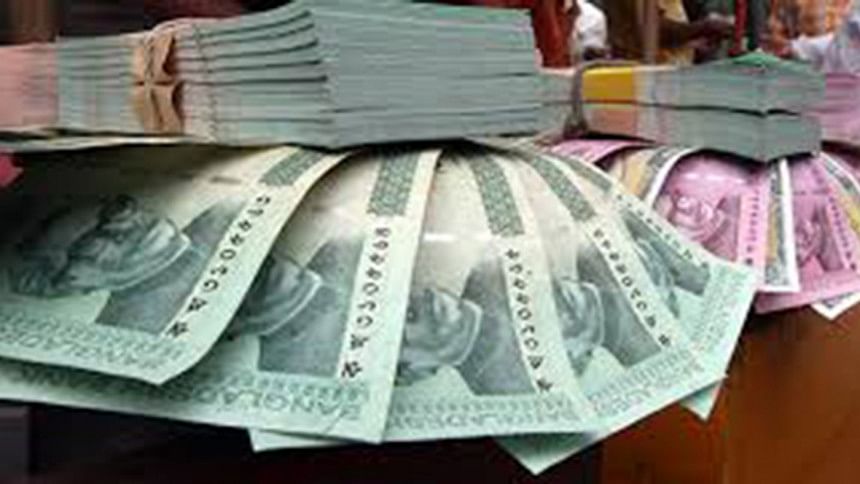Fiscal transparency: Bangladesh’s progress poor, says US

Bangladesh did not make “significant progress” toward meeting minimum requirements of fiscal transparency for 2015 fiscal, according to an annual report by the US State Department.
“The budget does not include expenditures to support executive offices. It is unclear whether these represent a significant outlay,” said the 2015 Fiscal Transparency Report.
The supreme audit institution has not produced and made publicly available verifications of the government’s annual financial statements within a reasonable period of time, it added.
The State Department released its report today assessing the fiscal transparency of 140 governments. Among the countries, 60 including Bangladesh did not meet the minimum requirements of fiscal transparency. However, nine governments made significant progress in this regard.
"Bangladesh’s fiscal transparency would be improved by including in the budget more detail on allocations to and earnings from state-owned enterprises and expenditures to support executive offices and publishing an audit of the government’s financial statements by the supreme audit institution within a reasonable period of time,” the report read.
The report however said the budget is publicly available and breaks down expenditures and revenues, financial allocations to and earnings from state-owned enterprises are included only in the aggregate.
Information on earnings from state-owned enterprises is included in supplementary budget documents but information on allocations to state-run enterprises is not available.
Lack of fiscal transparency in this report means inadequate details on budget allocations to support executive offices.
Fiscal transparency includes having budget documents that are publicly available, substantially complete, and generally reliable.

 For all latest news, follow The Daily Star's Google News channel.
For all latest news, follow The Daily Star's Google News channel. 



Comments